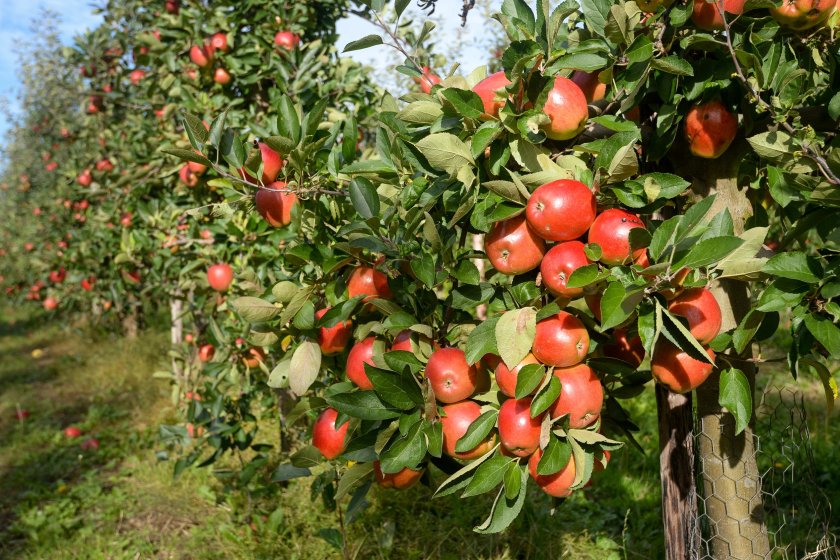
British farmers should be supported by the government to grow more fruit, an industry body has said after Jacob-Rees Mogg called for cheaper imports.
The prominent Conservative MP caused controversy once again within the farming industry after he suggested the UK "does not need fruit pickers".
Speaking on BBC Radio 4, Mr Rees-Mogg, who was also criticised for recently calling for imports of hormone-injected beef, said cheaper fruit should be imported from overseas.
He made the comments following the release of the UK's latest migration figures, which reached a record 745,000 last year.
"We don't need fruit pickers," the Somerset MP told the BBC, "If fruit can be grown more cheaply and more economically in foreign countries, we should import more fruit".
British Berry Growers, which represents 95% of all the UK’s commercial soft fruit growers, has criticised the comments, saying that instead of imports, consumers actually "want British berries".
The government should be "supporting UK farmers to grow more berries", which could be "achieved with better access to seasonal labour".
Nick Marston, chairman, said: "It makes sense to grow berries here from an environmental perspective (lower food miles) and a food security perspective.
“That’s why we are calling for the government to extend the current six-month seasonal worker visa to nine months to cover the whole British berry picking season."
He said the sector was also calling on retailers to pay fairer returns to ensure the British berry industry can continue to stay viable.
"It makes little sense that retailers are increasing the price per punnet for consumers but not passing this onto the growers who need it to cover their spiralling costs of production."
It comes after over 100,000 people have signed a petition urging the UK's largest retailers and their suppliers to treat British farmers more fairly, with the issue due to be debated in parliament.
The petition is part of an open letter that was sent to the CEOs of Tesco, Sainsbury’s, Asda, Morrisons, Aldi and Lidl over two months ago warning that the industry was “on its knees”.
